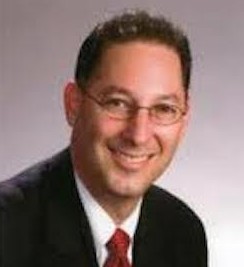It might be easier to define forensic psychology by starting out with what it is not. It is not forensic science. Forensic science is what is seen on television when detectives tweeze hairs out of a blood stain or lift fingerprints off a glass. It is not a Vulcan mind meld that allows the psychologist to peer into the depths of the human brain by analyzing behavior – although behavior certainly comes into it. Most of all, it is not the means by which long-buried secrets can be unearthed, but its results can be exciting.
human brain by analyzing behavior – although behavior certainly comes into it. Most of all, it is not the means by which long-buried secrets can be unearthed, but its results can be exciting.
Education Requirements
Although some colleges are now offering forensic psychology as a dual major, featuring psychology and law, the usual path is to gain an advanced degree in psychology, usually a PhD or PsyD. From that point, it is simply a matter of adding on legal training for the forensic part of forensic psychology. However, it should be noted, that some psychologists might participate in FP activities as part of their psychology position. For example, a school counselor might assist with determining which parent in a family is more suited to taking care of the children in a divorce case or might be able to make recommendations for a youth who is engaging in questionable behavior.
Conducting Studies to Explain Behavior
While they might not be able to predict a criminal’s next move from his or her behavior (although they might make some very good educated guesses), a forensic psychologist is likely to initiate or assist with statistical studies that might help explain certain behaviors. A study isn’t a trail that is blazed through social situations to predict exact reactions, but rather an indicator of what might happen given a specific set of circumstances. Think of it like predicting whether a penny will land heads up or heads down. Since it has two sides, one might guess that it would land with the head side up about fifty percent of the time. In reality, out of 100 tries, it might land tails up every time. This is similar to saying that if a child is abused, he or she might become an abuser or engage in other antisocial activities. However, there are people who have had terrible backgrounds and have become exemplary adults.
Examining the Accused
One of the many duties of this interesting profession is to examine the criminally accused. The practicing psychologist might be asked to evaluate the person’s state of mind or his or her mental competency. In a professional capacity, a forensic psychologist might be asked to evaluate whether the accused has understood a confession he or she has signed, or if the confession was obtained under duress.
A Very Quiet Profession
Since openings are often in social services, schools and similar organizations, it is not one of the better-paid positions in law or psychology. A forensic psychologist will often spend a lot of time going through case files, interviewing subjects, reading books of psychology and law, and doing a variety of library research tasks. While this might not sound exciting at first glance, it can ultimately be rewarding.

